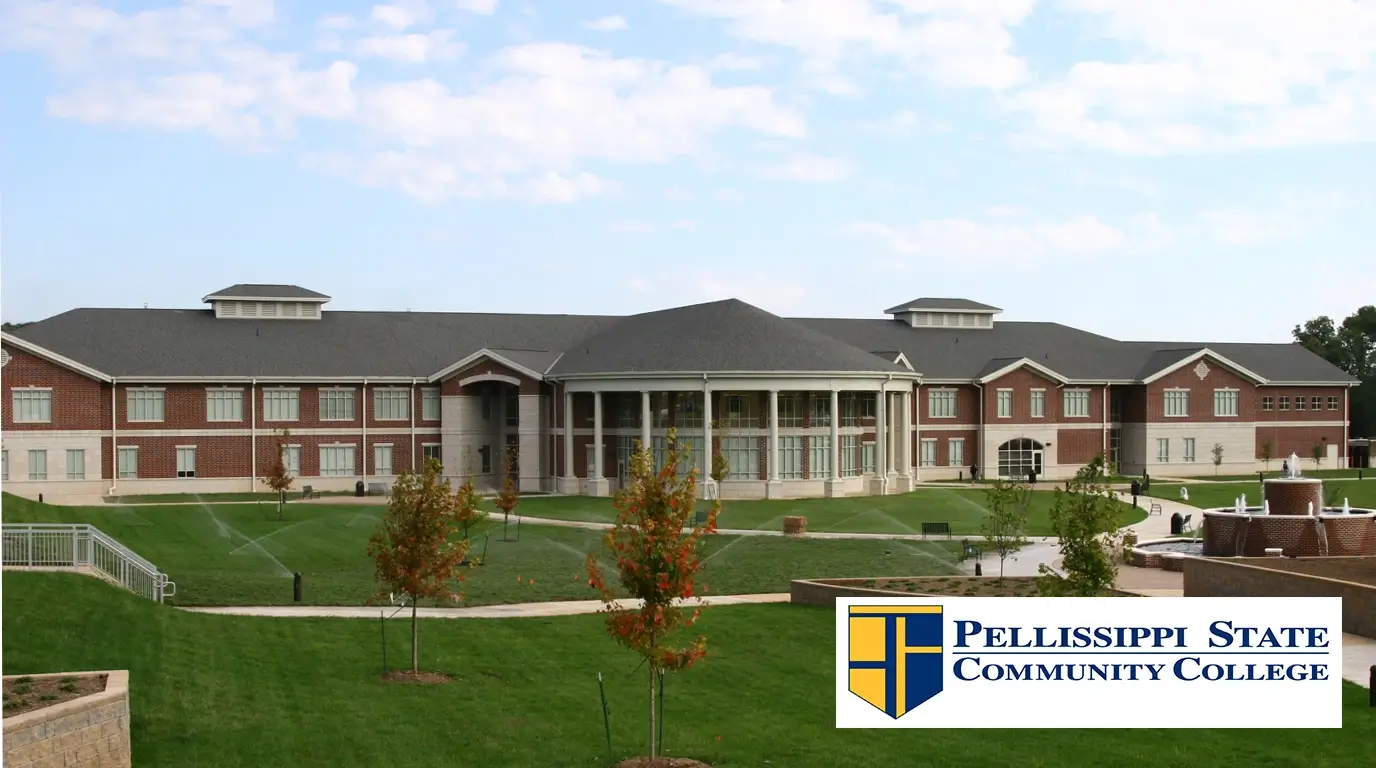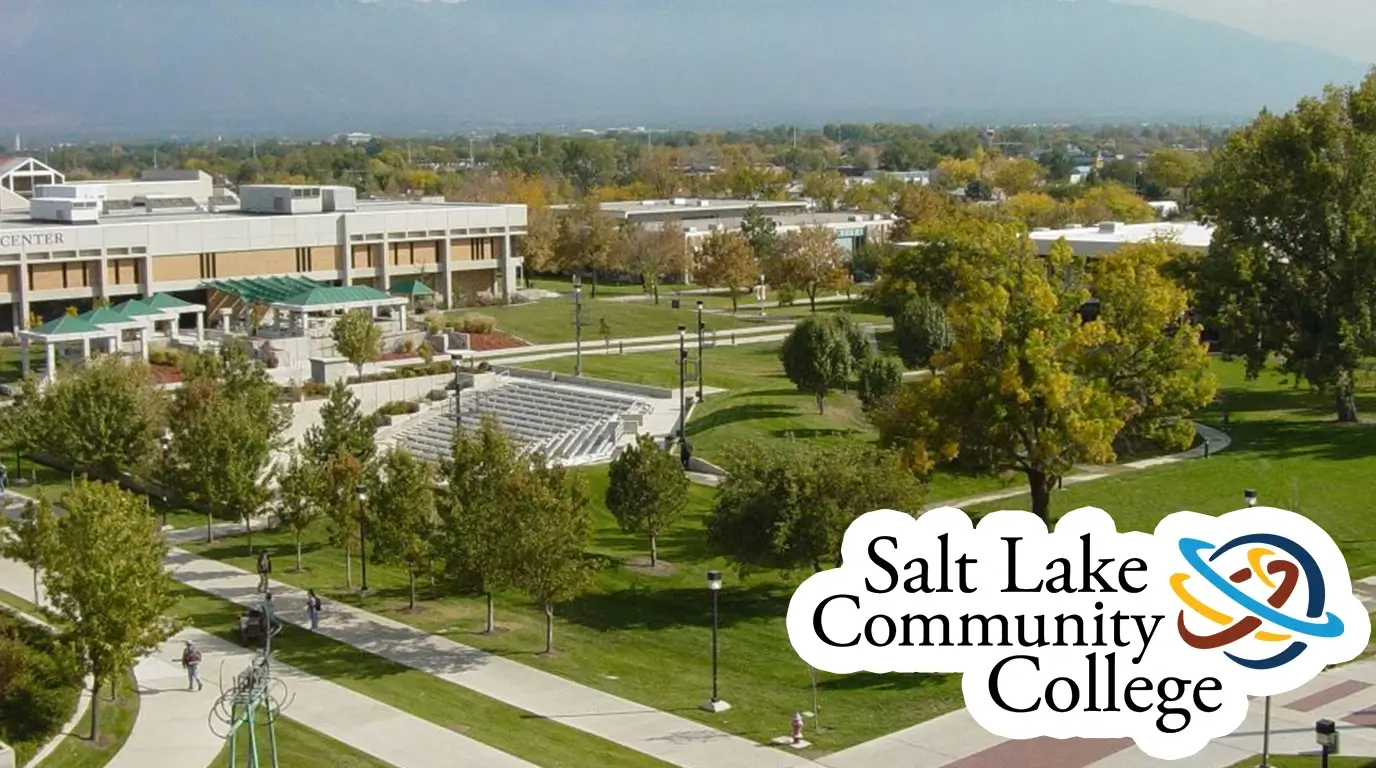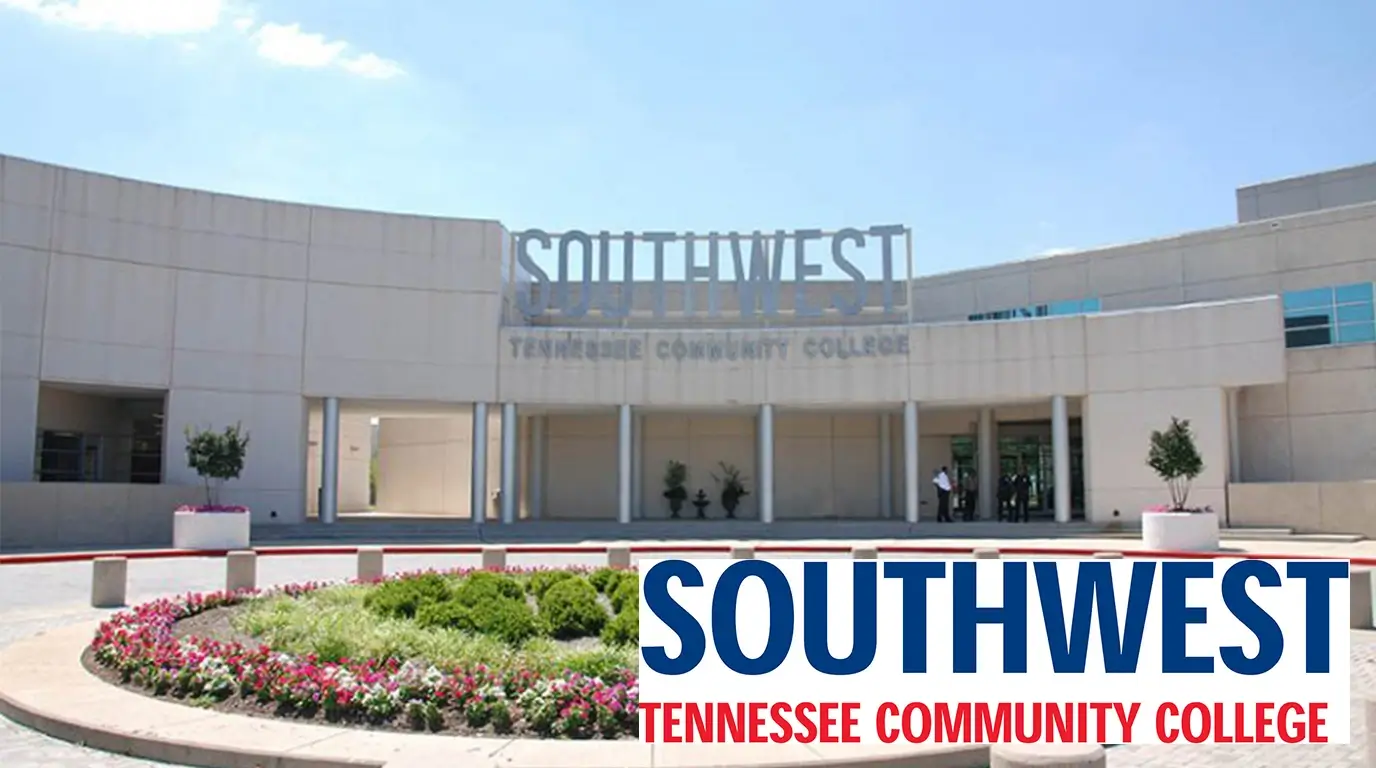Becoming a Paralegal in Minnesota – Your State-Specific Guide
Hey there! Have you ever wondered if you could dive into the legal world in Minnesota without spending years in law school? Turns out, becoming a paralegal in Minnesota might just be your ticket. With over 5,600 paralegals working across the state as of 2023 according to the Bureau of Labor Statistics, this career is a real, tangible option for anyone looking to make their mark in the legal field.
So, what does it take to get started? I’ve been around the legal block a few times—worked with paralegals, written about them, and helped folks like you figure out the career maze. This guide is all about giving you the Minnesota-specific scoop—everything from education to job prospects, tailored just for the Land of 10,000 Lakes.
Paralegals are the unsung heroes of law offices, government agencies, and corporate legal departments. They’re the ones digging into research, drafting documents, and keeping cases moving—all under the watchful eye of attorneys. In Minnesota, the legal landscape is buzzing, especially in places like Minneapolis and St. Paul, where big firms and corporations like Target and 3M call home. Whether you’re dreaming of a law firm gig or something in the public sector, this guide’s got you covered with practical, state-specific advice.
Paralegal Definition and Regulation in Minnesota
So, what exactly is a paralegal in Minnesota? Let’s break it down. Officially, Minnesota doesn’t slap a strict legal definition on the term “paralegal” like some states do. Instead, the state leans on a broader idea under Rule 5.3 of the Minnesota Rules of Professional Conduct. Here, paralegals fall under “nonlawyer assistants”—folks who assist attorneys with legal tasks but can’t practice law themselves. It’s not a fancy title carved in stone, but it’s how the state sees you: a key player working under a licensed attorney’s supervision.
Now, about regulations—don’t expect a big rulebook just for paralegals in Minnesota. There’s no state-mandated license or certification you have to get to call yourself a paralegal here. That’s right—no hoops to jump through from the government side. But here’s the catch: since you’re working under an attorney, you’re still bound by the ethical standards they follow. Think confidentiality, avoiding conflicts of interest, and keeping your work legit. The attorney you report to? They’re the one responsible for making sure you stay on the straight and narrow.
- Key Takeaway: Minnesota keeps it simple—no formal state definition or mandatory regs for paralegals, but you’ll need to stick to ethical guidelines under attorney oversight.
Education Requirements and Recommended Programs in Minnesota
Alright, let’s talk about getting your foot in the door. Does Minnesota demand a specific degree to become a paralegal? Nope, not legally. You could technically land a job with no formal education and learn on the fly—some firms still do that. But let’s be real: in today’s market, especially in Minnesota, having some education under your belt is pretty much a must if you want to stand out. Most employers here look for at least an associate’s degree in paralegal studies, though a bachelor’s or a certificate can give you an edge, depending on where you’re aiming.
What’s the deal with ABA-approved programs? The American Bar Association doesn’t require their stamp of approval for paralegal jobs in Minnesota, but it’s a gold star. Employers—especially bigger law firms in the Twin Cities—often prefer candidates from ABA-approved programs because they know you’ve got a solid foundation in legal research, writing, and ethics.
Here’s a rundown of some top-notch paralegal education programs in Minnesota to check out:
- Hamline University – Offers an ABA-approved paralegal certificate that’s perfect if you’ve already got a bachelor’s or want to pair it with their legal studies degree. It’s in St. Paul, with online options for flexibility.
- Inver Hills Community College – Another ABA-approved gem in Inver Grove Heights. They’ve got an Associate of Science in Paralegal that mixes classroom and online learning—great for hands-on experience.
- North Hennepin Community College – Based in Brooklyn Park, this ABA-approved program offers both an associate’s and a certificate. Known for its evening classes and a killer 88% job placement rate within six months.
- Minnesota State University Moorhead – A Bachelor of Science in Paralegal Studies with options to specialize in areas like litigation or elder law. Plus, mandatory internships to get you real-world ready.
If you’re juggling life and can’t do the in-person thing, online paralegal programs are a lifesaver for Minnesota residents. Schools like Rasmussen University offer flexible options that still prep you for the local job market. Just make sure whatever you pick aligns with your goals—whether that’s quick entry or long-term growth.
- Key Takeaways:
- No mandatory education, but an associate’s or certificate is the practical minimum in Minnesota.
- ABA-approved programs like Hamline or Inver Hills can boost your resume.
- Online options offer flexibility for busy Minnesotans.
Paralegal Certification and Credentials in Minnesota
Here’s where it gets interesting: certification. Is there a state-specific paralegal certification in Minnesota? Not a mandatory one, no. The state doesn’t require you to get certified to work as a paralegal. But—and this is a big but—there’s a voluntary credential worth looking into: the Minnesota Certified Paralegal (MnCP) from the Minnesota Paralegal Association (MPA). It’s not a must-have, but it’s a way to prove you’ve got the chops—think education plus experience (like an ABA-approved degree and a few years on the job).
Then there’s the national scene. Certifications like NALA’s Certified Paralegal (CP) or the NFPA’s CORE Registered Paralegal (CRP) carry weight in Minnesota too. NALA says their CP is all about showing you’ve mastered legal basics through an exam—perfect for standing out in a competitive market like Minneapolis. The CRP? It’s a bit newer but just as respected, focusing on core skills.
Why bother with certification in Minnesota? Simple: it’s a credibility boost. Employers here, especially at law firms or corporate legal departments, see it as a sign you’re serious. It can also mean a bump in your paralegal salary—think a few grand more a year—and opens doors to better gigs down the road.
- Key Takeaways:
- No state-mandated certification, but the MnCP is a solid voluntary option.
- National creds like NALA CP or NFPA CRP are widely recognized in Minnesota.
- Certification = better pay and job prospects.
Paralegal Associations in Minnesota
Networking’s a game-changer, and Minnesota’s got some great paralegal associations to help you out. Here’s who to know:
- Minnesota Paralegal Association (MPA) – The big one. They offer the MnCP credential, mentorship programs, and a career center. Chapters in Duluth, Mankato, and Rochester keep it local.
- Red River Valley Paralegal Association (RRVPA) – Covers western Minnesota and eastern North Dakota. Think CLE seminars and networking with folks across the border.
Joining up’s a no-brainer. You get access to job boards, meet people who can tip you off to openings, and snag continuing legal education (CLE) credits to keep your skills sharp. I’ve seen paralegals land gigs just by chatting at an MPA event—it’s that kind of community.
- Key Takeaway:
- MPA and RRVPA are your go-to for networking and growth in Minnesota.
- Membership means jobs, CLE, and a support network.
Job Market Outlook and Salary for Paralegals in Minnesota
Let’s talk jobs and cash. The job market for paralegals in Minnesota is steady. The Bureau of Labor Statistics pegged 5,650 paralegals working here in 2023, mostly in the Twin Cities metro—Minneapolis-St. Paul’s economic engine. Big players like Dorsey & Whitney or corporate legal teams at 3M keep demand humming. Smaller towns? Fewer openings, but government agencies and solo firms still need help.
Salary-wise, Minnesota’s pretty sweet. The Bureau of Labor Statistics says the average paralegal salary in Minnesota hit $68,410 in 2023—above the national median of $60,970. Top earners (the 90th percentile) pulled in $89,030, especially those with experience or specialties like corporate law. Where you work matters—Minneapolis paralegals average $63,899 (per Indeed), while rural spots might dip lower. Experience, education, and certification can push you higher.
Growth? Projections Central estimates a 3.6% increase in paralegal jobs in Minnesota from 2022-2032—slower than the national 4.2%, but still 620 openings a year from turnover and new roles. It’s not explosive, but it’s reliable.
- Key Takeaways:
- Steady demand, especially in the Twin Cities.
- Average salary: $68,410, with top earners near $89,000.
- Job growth: 3.6% through 2032—solid, not stellar.
Key Takeaways: Steps to Becoming a Paralegal in Minnesota
Ready to make it happen? Here’s your roadmap to becoming a paralegal in Minnesota:
- Research paralegal programs in Minnesota—start with local options like Hamline or Inver Hills.
- Pick your education path: associate’s, bachelor’s, or certificate, depending on your timeline.
- Consider ABA-approved programs for that extra edge.
- Explore national certifications like NALA CP or NFPA CRP to shine brighter.
- Join a paralegal association in Minnesota—MPA’s a great first step.
- Kick off your job search, targeting Minnesota’s legal hotspots like Minneapolis.
This journey’s all yours now. Got questions? Drop a comment below—I’d love to chat more about breaking into the paralegal world in Minnesota. Want to dig deeper? Check out our pages on what a paralegal does or explore more career tips. Let’s get you started!




